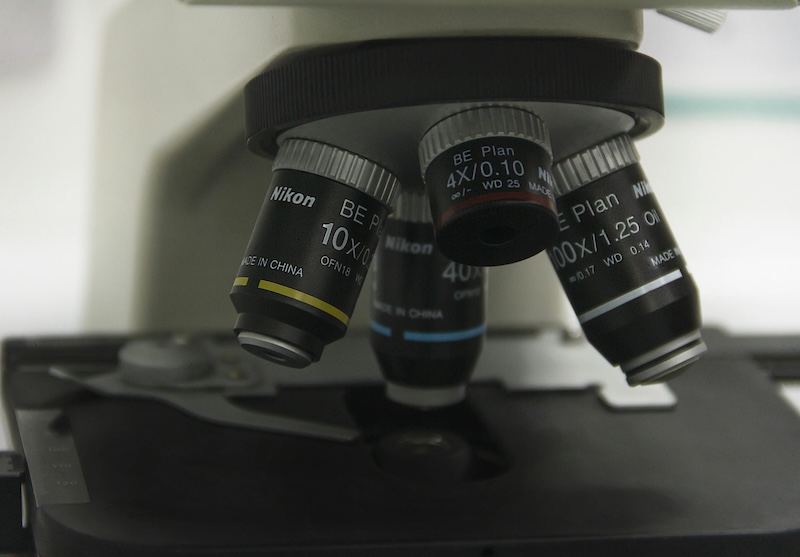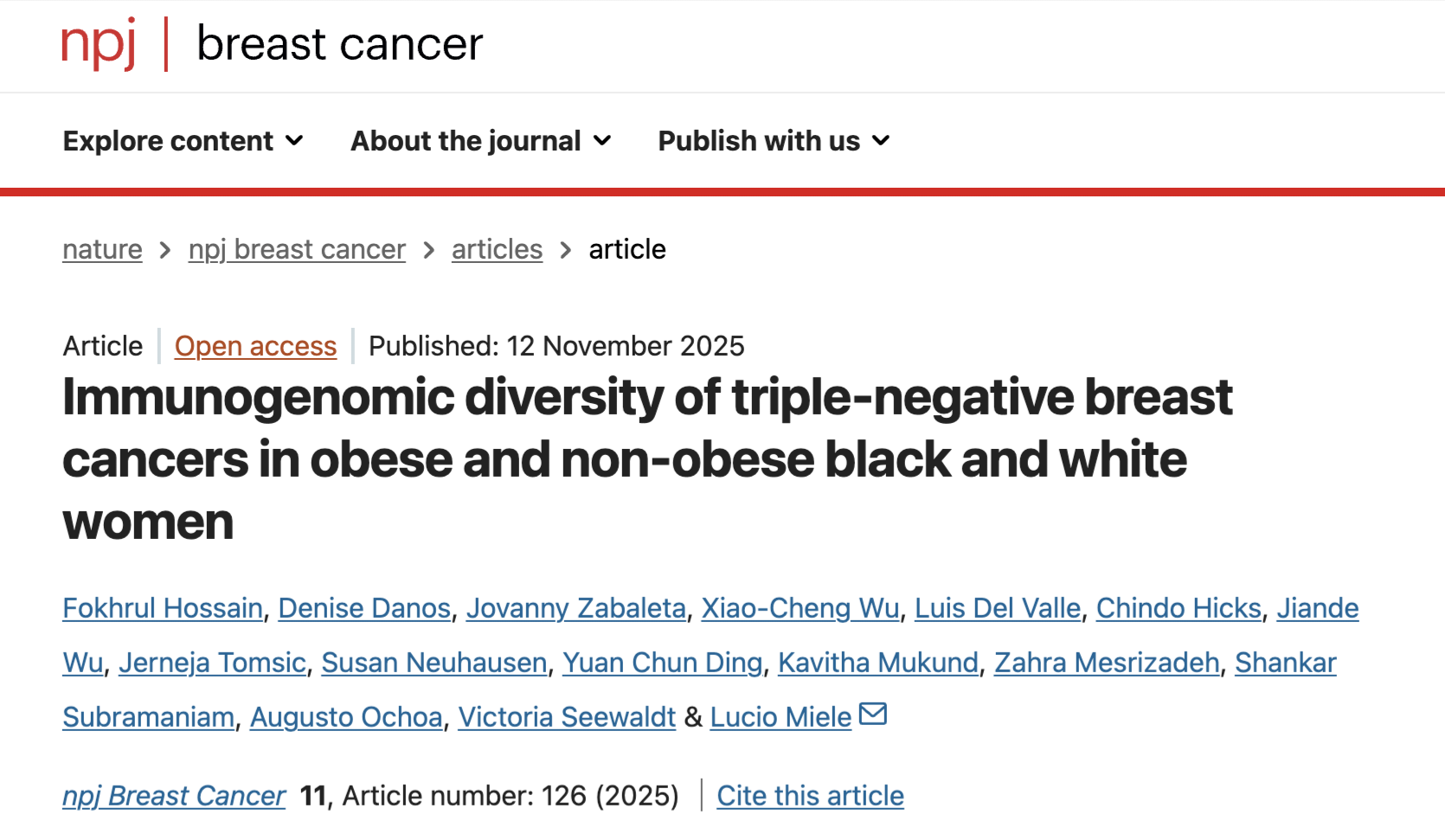.jpg)
Translational Research
How can a doctor determine which treatments will be most effective for treating an individual patient?
Research conducted by Li Li, MD, PhD, a translational researcher at Ochsner Health and a member of the LCRC faculty, helps oncologists do that. She helps bridge the gap from the lab to bedside as oncologists seek treatment approaches tailored to a patient’s specific tumor burden and immune system.
.jpg)
She collaborates frequently with fellow LCRC researchers at Tulane and LSU, studying all kinds of cancer cells using preclinical models. Her research can predict how a tumor might respond to specific treatments as physicians work to identify the most effective treatment plans.
- Through testing different drugs in sequence, Dr. Li Li can offer insights into the best drug or combination of drugs to treat a patient. For example, in the lab, she can monitor how tissue from a patient’s tumor responds to drug A. If it does not respond well, then she will try Drug B or Drug C until she determines the most effective one. She can now conduct this research in Louisiana using equipment provided by the LCRC.
- Working with Hua Lu, PhD at Tulane School of Medicine, she is researching the most effective means of delivering a drug that activates the P53 molecule, one of the most important suppressors of growth in cancer tumors.
- Her collaboration with Dr. Jovanny Zabaleta at LSU Health New Orleans, was especially useful in locating tissue samples for his work comparing tumor mutations between Caucasians and African Americans. Due to long-standing collaborations with Ochsner oncologists and its research department, Dr. Li Li was able to provide lung tissue samples from HIV-positive lung cancer patients.
LCRC member institutions LSU Health New Orleans, Tulane University School of Medicine, Ochsner Health and Xavier University Louisiana often collaborate, bringing to bear their different strengths as they fight cancer in our state. The ability to study a tumor’s progression and response to potential therapies is what precision medicine is all about.
.jpg)




